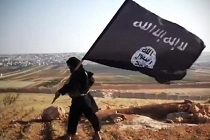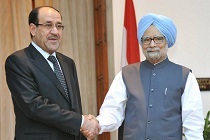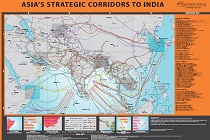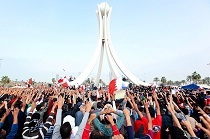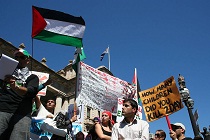India’s post-Iraq energy options
The growing ISIS-driven violence in Iraq highlights India’s vulnerability to the turmoil in West Asia: we heavily depend on the region for our energy. To insulate the country’s energy security from the upheavals, India must urgently diversify its sources and types of fuel, and develop its own energy ecosystem



